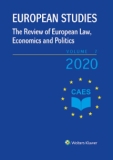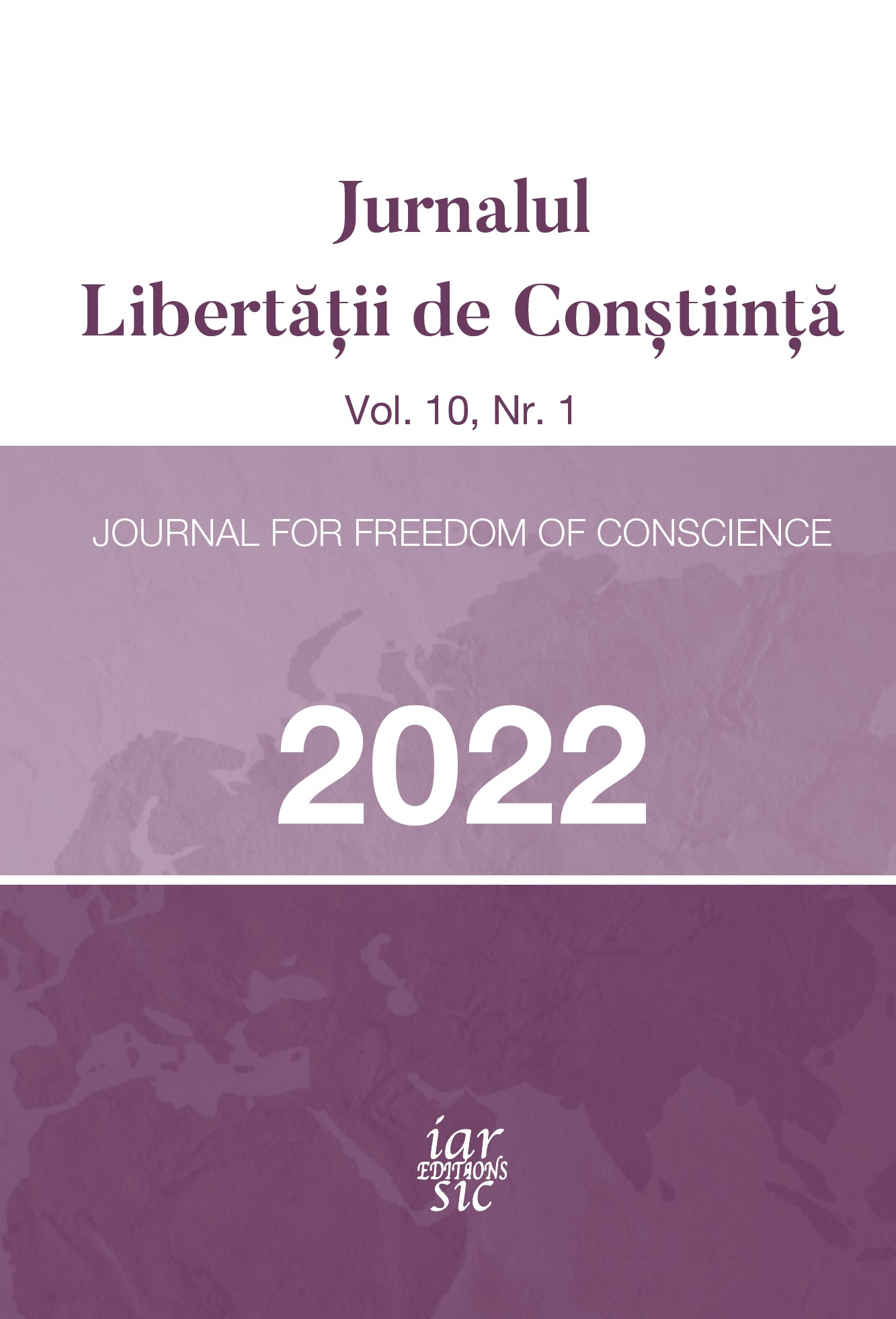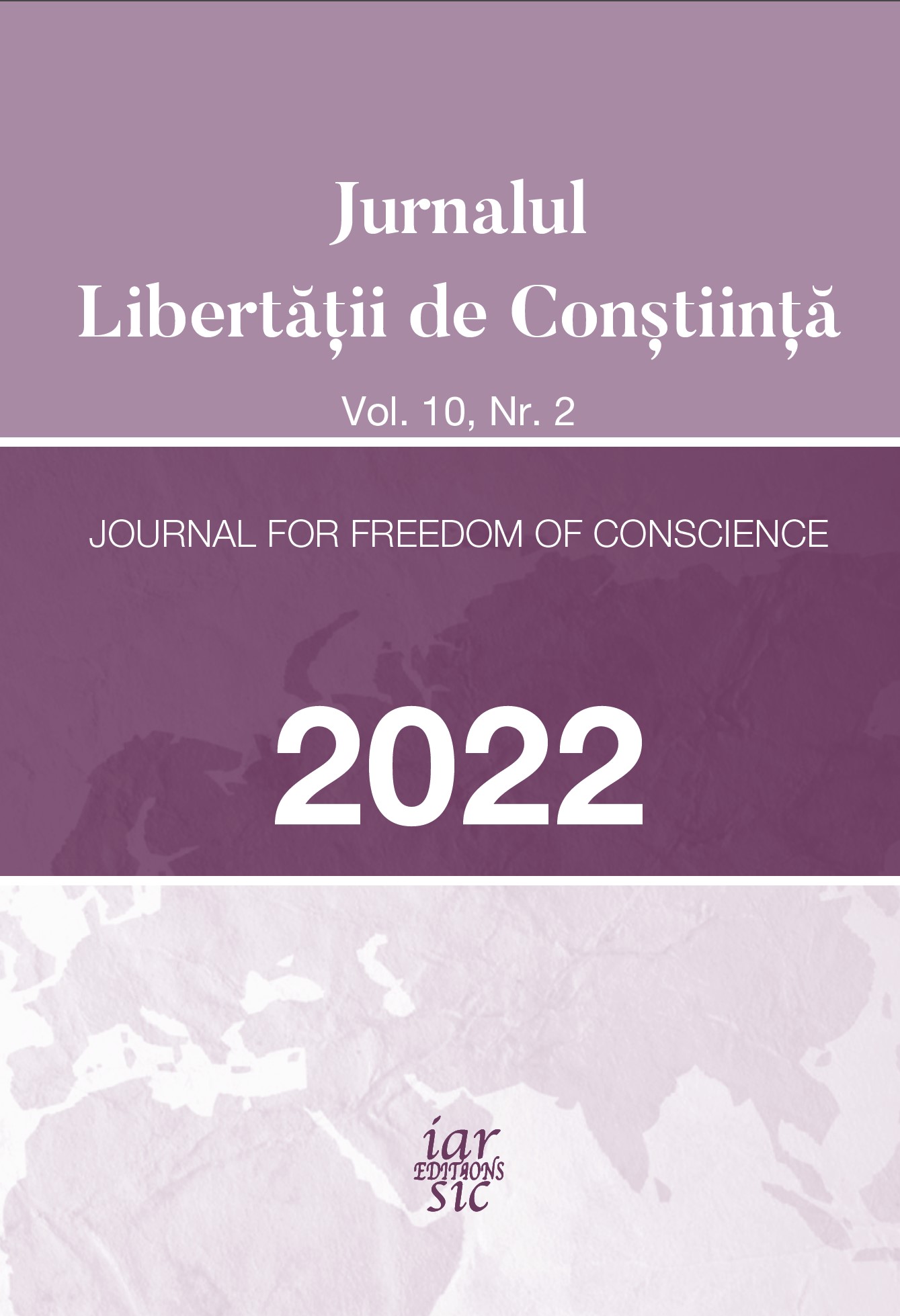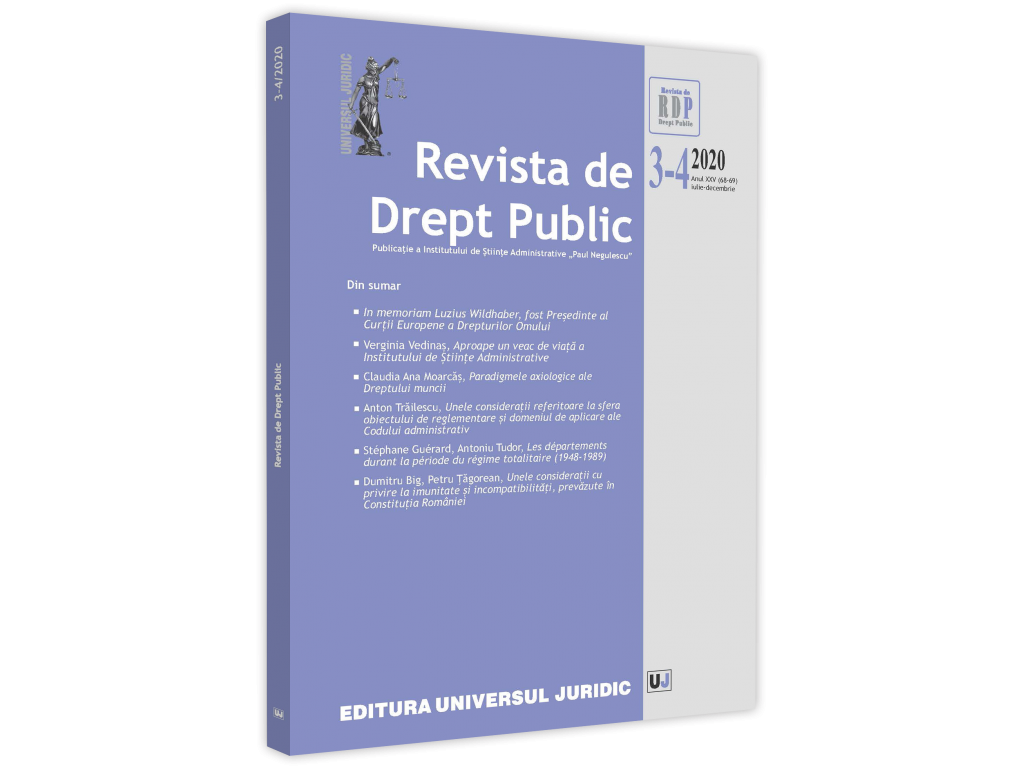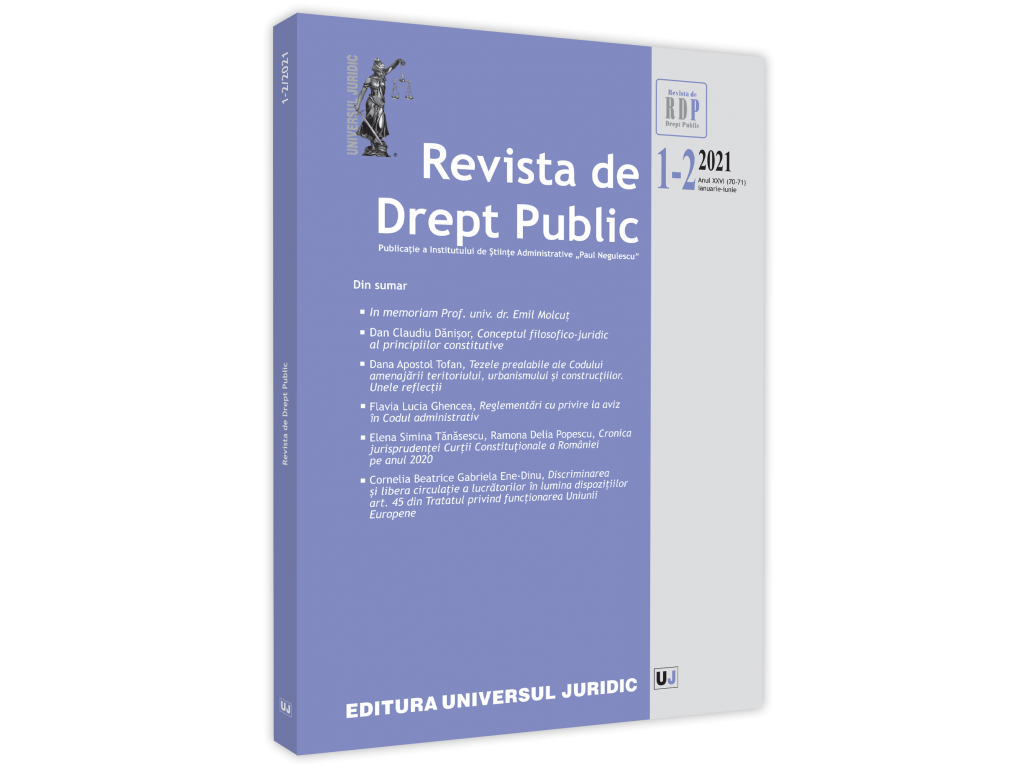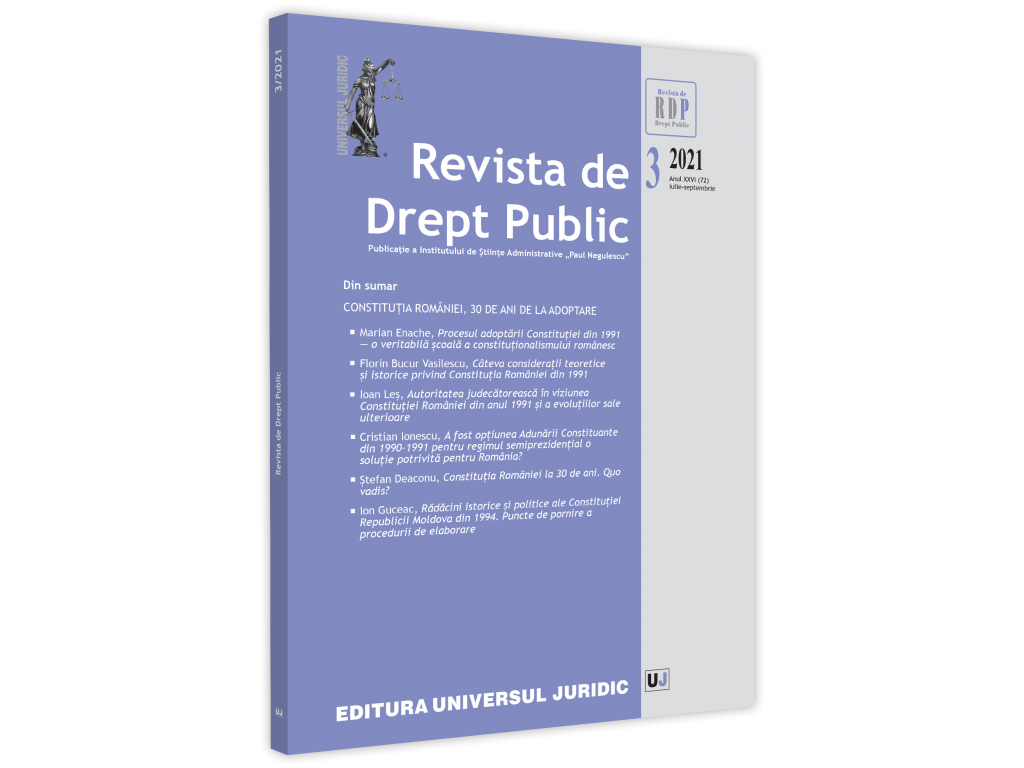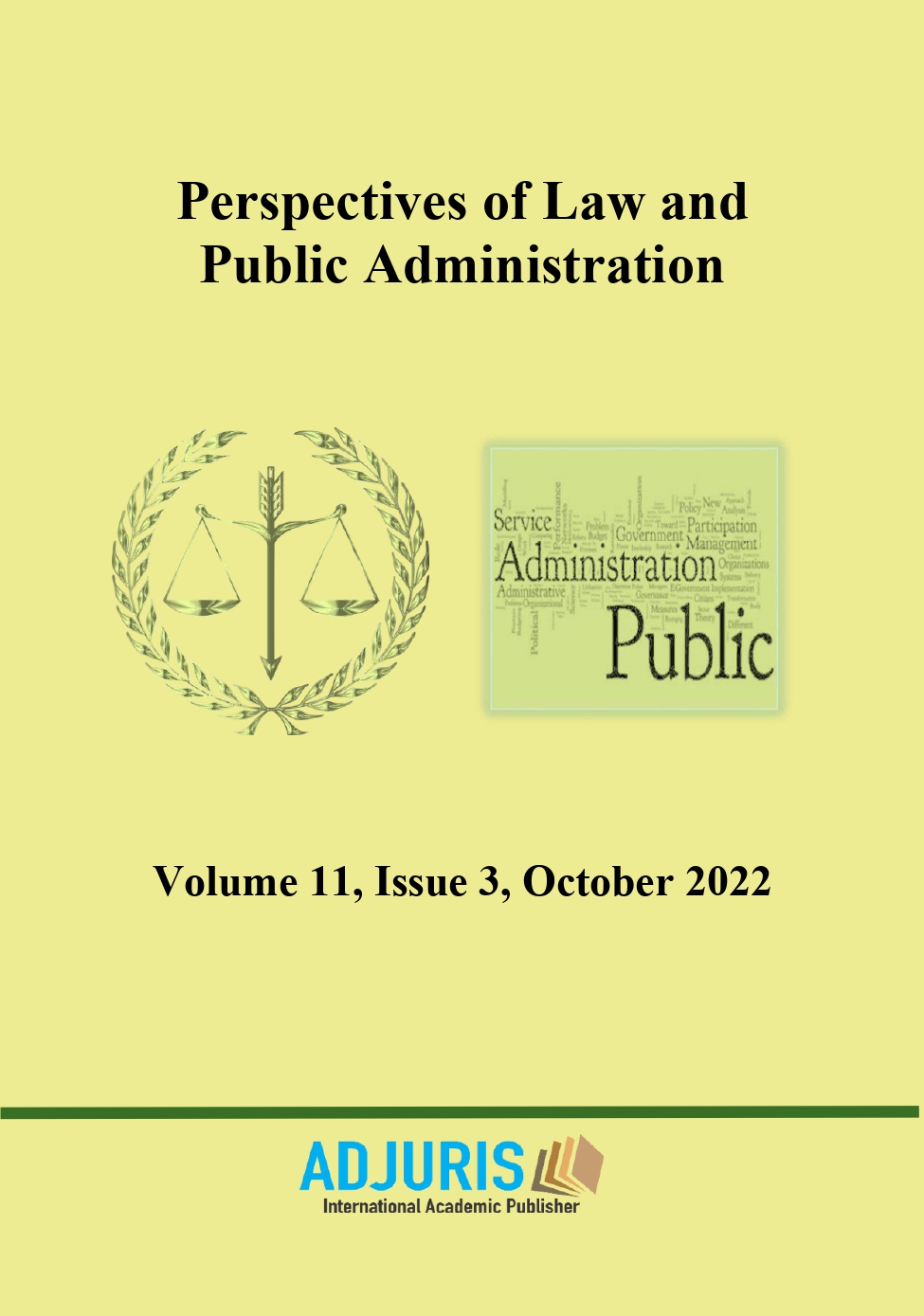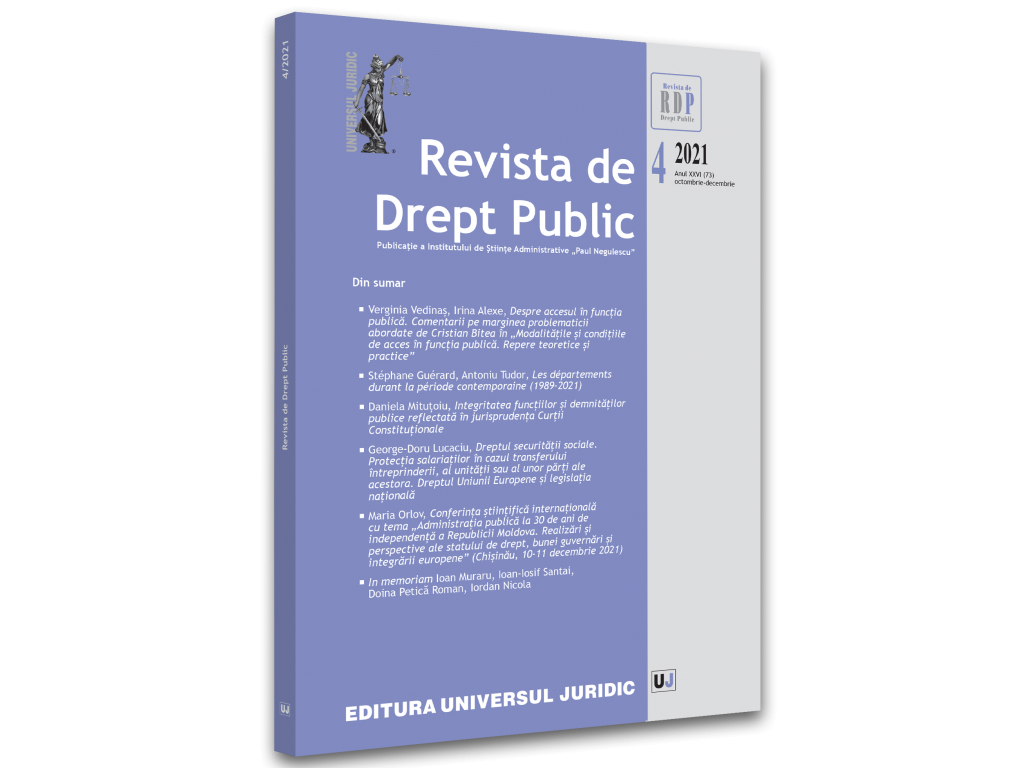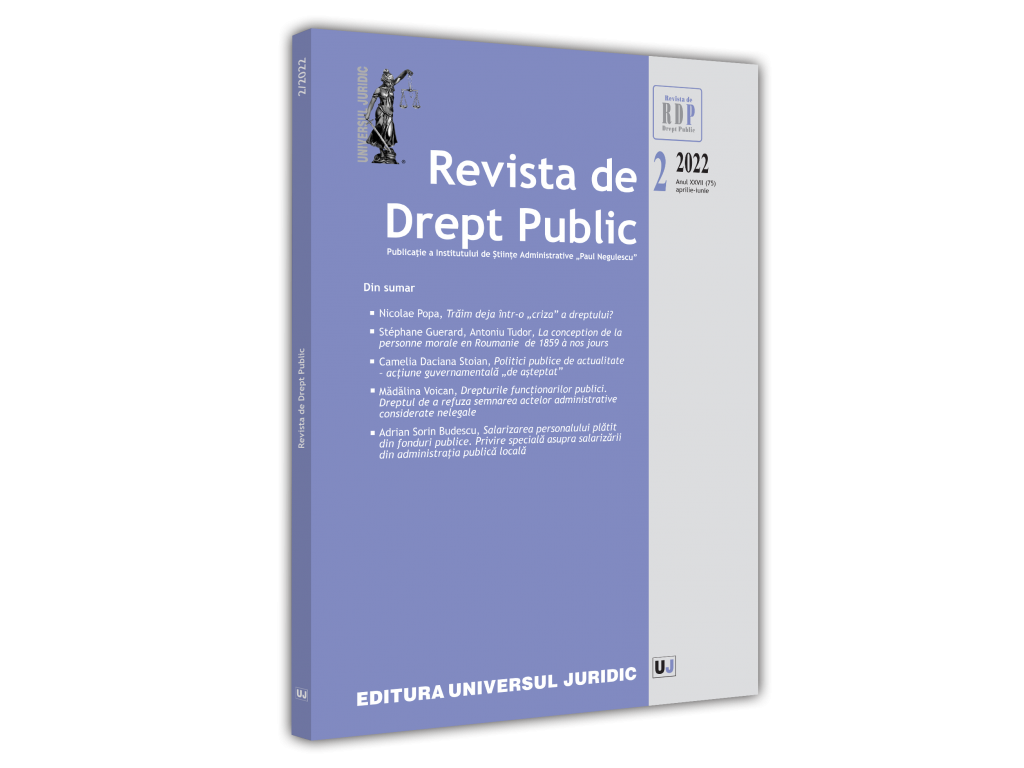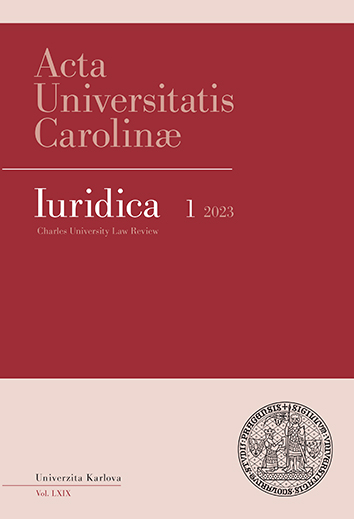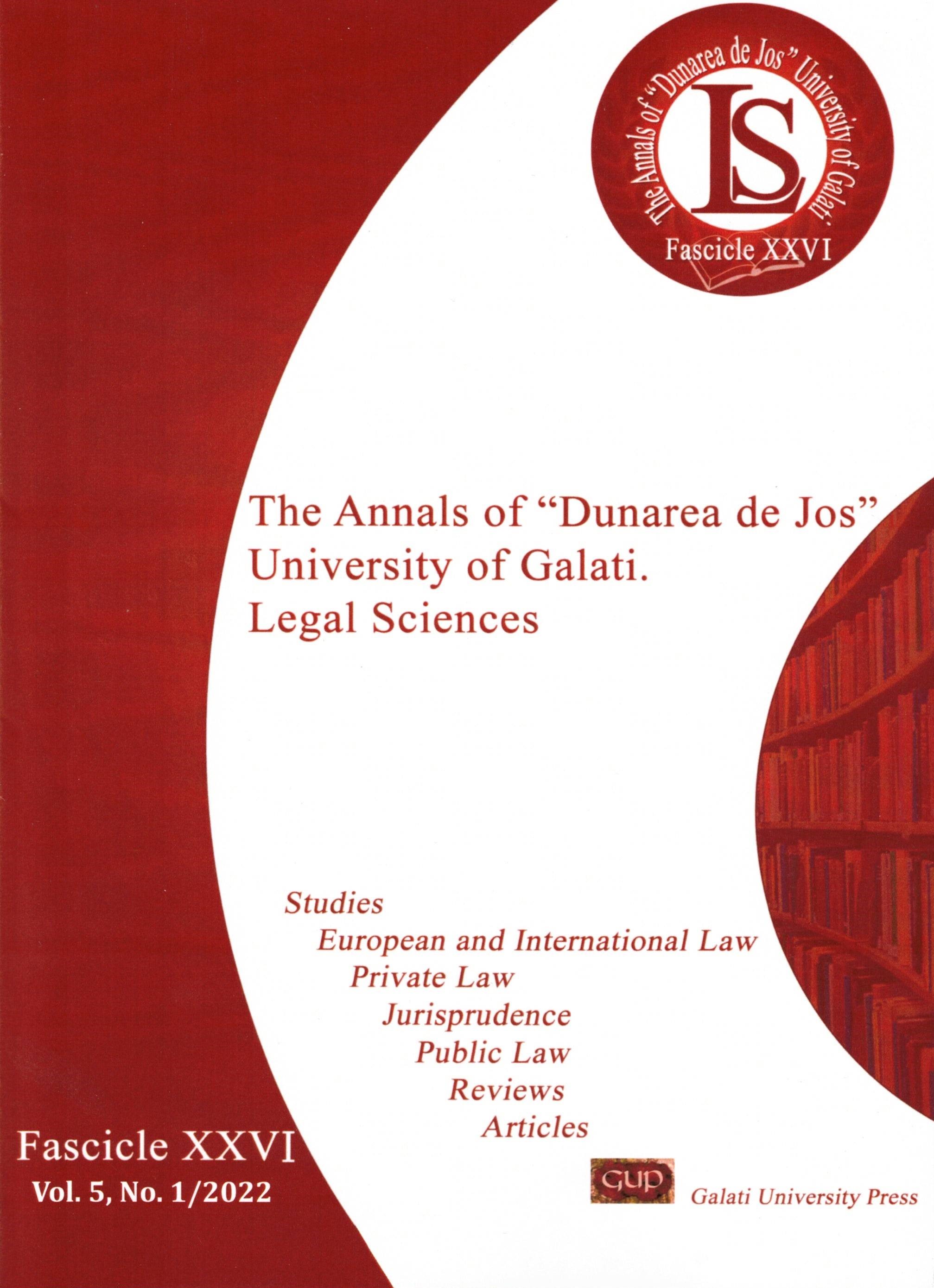Author(s): Gina-Livioara Goga / Language(s): Romanian
Issue: 1-2/2021
The adoption of the Government Emergency Ordinance no. 26/2012 on some measures to reduce public spending and strengthen financial discipline and to amend and supplement some normative acts2 solved an essential problem of liability of public money, given that there were no legal provisions to censor, in certain areas, the approval of the budgets of revenues and expenditures of some public entities. During the application of the above-mentioned regulations, several legal and constitutional controversies were highlighted, alleging, on the one hand, violations of provisions on the unconstitutionality of those provisions, such as the principle of equal rights, the principle of non-discrimination, respect for the right to defence. At the moment, we are witnessing a legislative step of full abrogation of the article of law. In the explanatory memorandum regarding the adoption of the Government Emergency Ordinance no. 26/2012 it is highlighted the fact that the approach of integration in the European Union involved extraordinary efforts from the perspective of regulating the national regulatory framework for the use of amounts reimbursed to Romania, in order to increase the absorption of structural funds, as these elements concern the general public interest, therefore the legislator aimed at establishing a set of rules to ensure prudent, restrictive and balanced budget execution. In this context, this emergency ordinance was adopted, which responded to the realities of that time, on the one hand, the need for more judicious spending of public money, in the context of integration into the European Union, and on the other hand, from the need to ensure the transparency of the use of public funds, but also taking into account the irregularities found by the Court of Auditors regarding certain areas of use of public funds and the recommendations of this institution. The public interest determines us even today to assess, in a delicate economic-social conjuncture, perhaps more profound, if the governmental objectives and strategies initially assumed towards the European Union are still of interest for the Government, given that maintaining the financial stability of the country has been put to the test by the crisis caused by the Covid-19 pandemic.
More...
